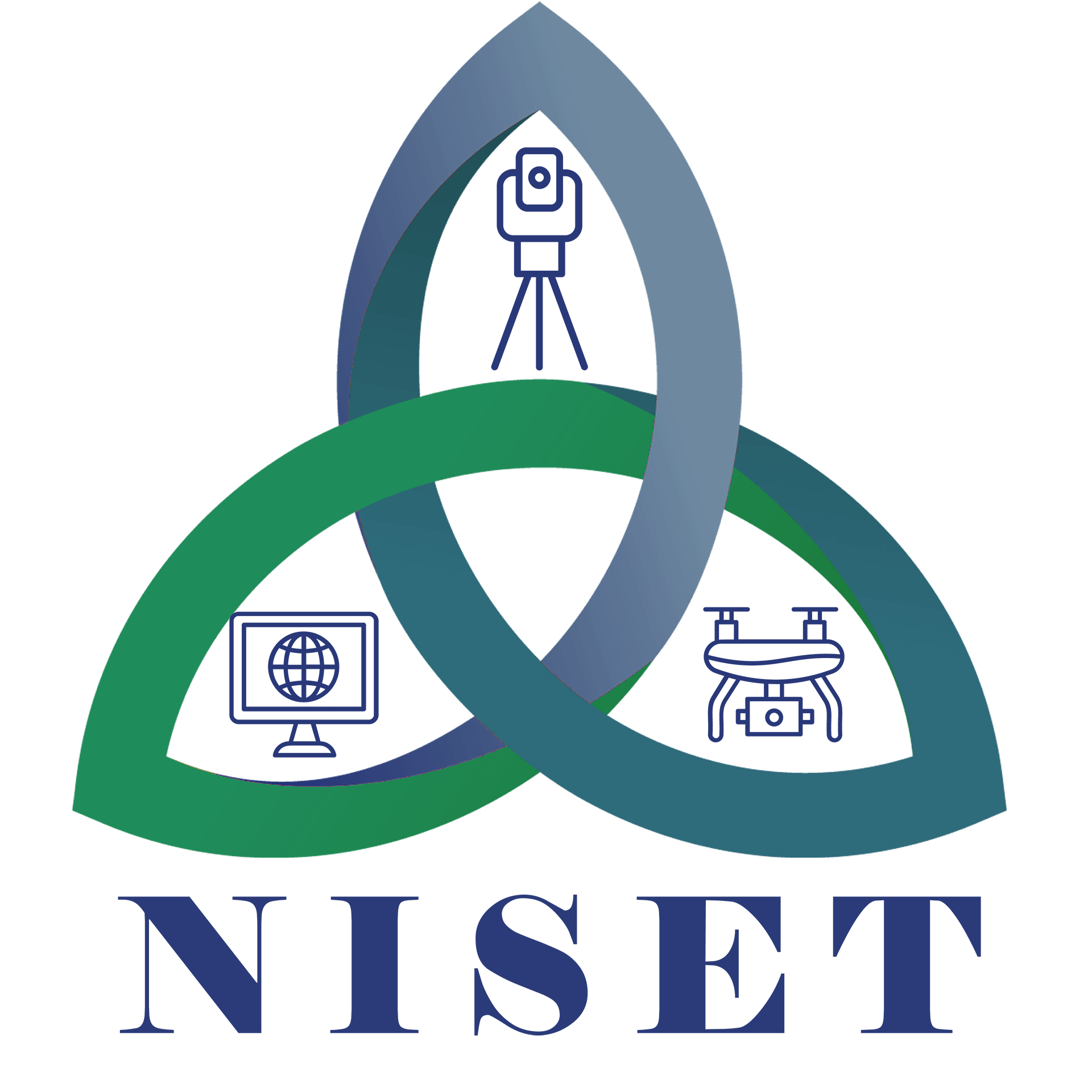What are NISET’s program objectives?
Program graduates will apply the knowledge and skills gained during their surveying courses to attain professional advancement within the surveying profession. With the knowledge and skills learned in the NISET program, graduates will likely end up as a drafter or party chief . While it’s unlikely that you will become a junior project manager right after graduation, you will be on the path for advancement. NISET expects its graduates to continuously move up from ground zero. As a land surveyor without licensure, you will have difficulty moving up that career ladder. Licensing from an accredited agency will not only prepare you for later exams, but bring credibility to your resume.
NISET expects its students to have a plan.
For example:
“I want to be the owner of a surveying firm”
“I want to be the shareholder of a large shareholder company”
“I want to be the CEO in a ten-thousand person engineering team”
Having a plan along with the skills and experience will place you on the path to success, something NISET loves to see.
Program graduates will become licensed surveyors.
As a licensed surveyor, you will engage in the professional practice of surveying engineering with high ethical and professional responsibilities. NISET expects this of its students. Licensure is a multi-year process of attaining a license or degree, taking the FS exam, performing practical experience in the field, taking the PS exam, and finally taking the state-specific surveying exam. It may take you years to finish that state-specific exam and hold the title of PLS, PSM, RPLS etc but the end result of achieving your goals is worth it.
Both while a student and after graduation, NISET expects you to have highly ethical and professional goals. Volunteering with your state society, setting up a boy scout merit badge surveying program, helping out your community when there is a disaster, are all examples of ethical goals. Over the years, there has been a huge decline in the number of surveyors in the United States. One way to overcome those figures is to become involved in the community. Be a shining example of the profession, teach others about surveying.
Program graduates will have a deep understanding of the history of the surveying profession and apply the lessons learned to solve contemporary geospatial problems.
The world recently experienced the COVID-19 pandemic. Think about how surveying has existed for thousands of years. Think about all the pandemics, revolutions, disasters, regimes, and events that have happened. Throughout them, the land surveying profession has not only endured it, but prospered. It gives one perspective. Consider history while setting your goals and keep in mind how being resilient is important to becoming a PLS.
Students must meet expectations.
Graduates will meet industry expectations in management, ethical, society, and environmental issues in the practice of surveying engineering technology. What does that mean? As you practice as a surveyor, you are going to make decisions based on the well-being of the public and the well-being of the client. You provide a public service and your decisions should not be based on self interest. It sounds easy, but balancing can be quite difficult. Still students and surveyors in the field are held to a high ethical and moral standard.
